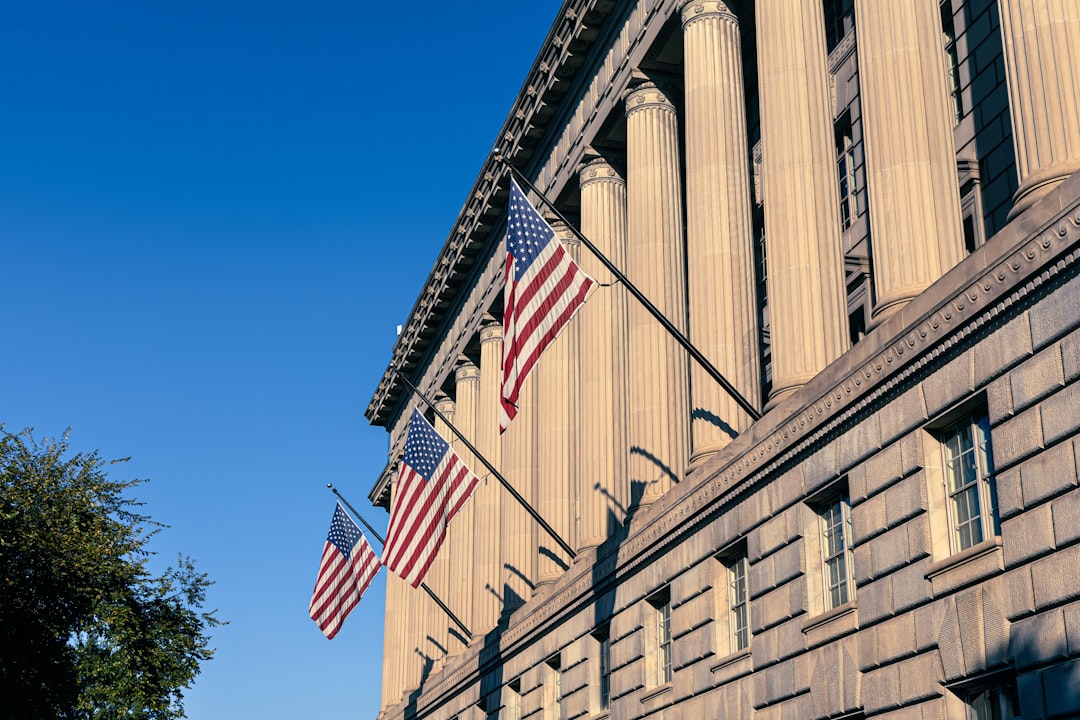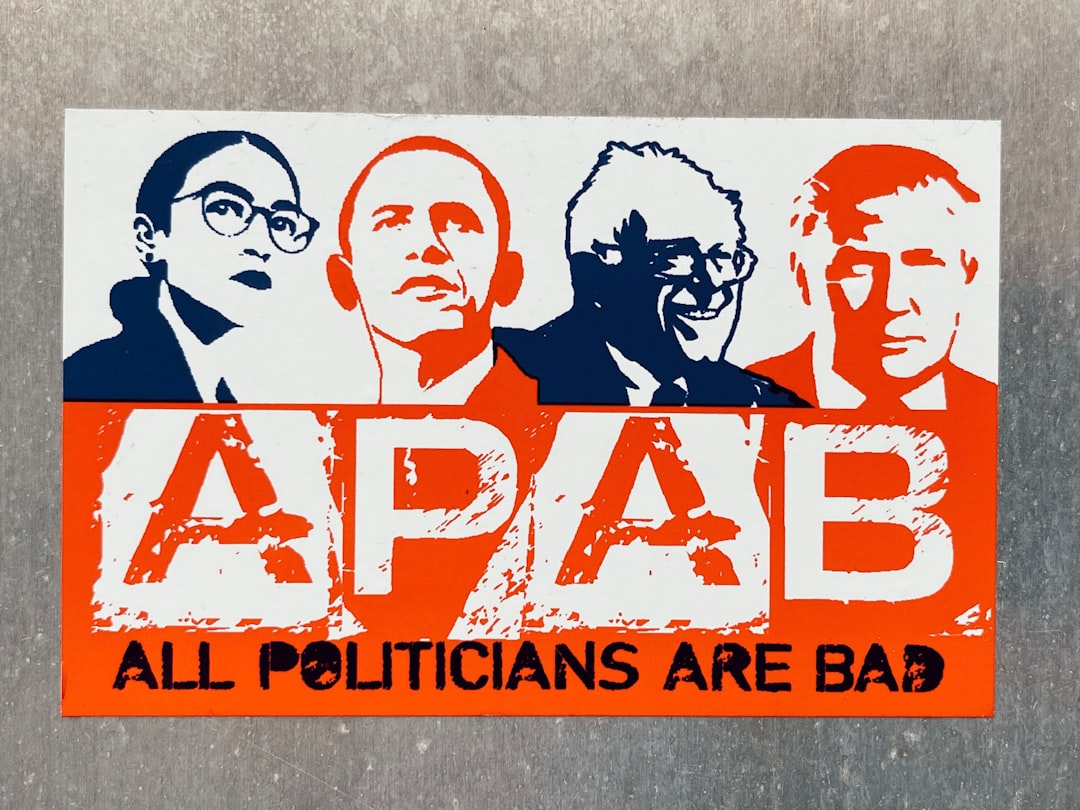Trump's 'Pillaged America' Tariffs Face a Supreme Court Reckoning — And They Could Hand Him Unprecedented Power

WASHINGTON – The Supreme Court is preparing for a monumental legal battle on November 5 that could either dismantle one of President Donald Trump's most aggressive economic policies or dramatically expand the power of the presidency for generations to come. All eyes will be on the nation's highest court as it hears oral arguments on the legality of the president's controversial "liberation day" tariffs.
The case stems from a fiery national emergency declaration made by President Trump last April. In a move that stunned international partners, the president claimed the United States had been systematically exploited by other nations through unfair trade practices. Using astonishingly strong language, he declared the country had "been looted, pillaged, raped, and plundered" by crippling trade deficits.
His proposed solution was equally dramatic: a sweeping tariff of at least 10% levied on nearly every country in the world. This economic bombshell was designed to be a blunt instrument to correct what he saw as decades of injustice. Specific nations, including major emerging economies like Brazil and India, were singled out to face even steeper financial penalties, ratcheting up the stakes of his global trade war.
But did the president have the authority to unilaterally impose such a far-reaching economic mandate by declaring a national emergency? That is the core question that has brought this fight to the steps of the Supreme Court.
The implications of the Court's eventual decision are staggering and could send shockwaves through the foundations of American governance. The justices are faced with two starkly different paths.
On one hand, the Court could deliver a stunning rebuke to the administration, ruling that the president overstepped his constitutional authority. Such a decision would strike down the tariffs and serve as a powerful check on the executive branch, reining in the ability of any president to use emergency powers to enact sweeping economic change without congressional approval.
On the other, a ruling in Trump's favor could rewrite the rulebook on presidential power. It would validate the use of national emergency declarations to address economic grievances, setting a powerful precedent that future presidents could wield to bypass Congress on a host of issues. This outcome would not just uphold the tariffs but could permanently alter the balance of power in Washington.
As the November 5th date approaches, the business world and legal experts are holding their breath. This case is far more than a dispute over import taxes; it's a fundamental test of executive authority. The nine justices hold the key, and their decision will echo for decades to come.

